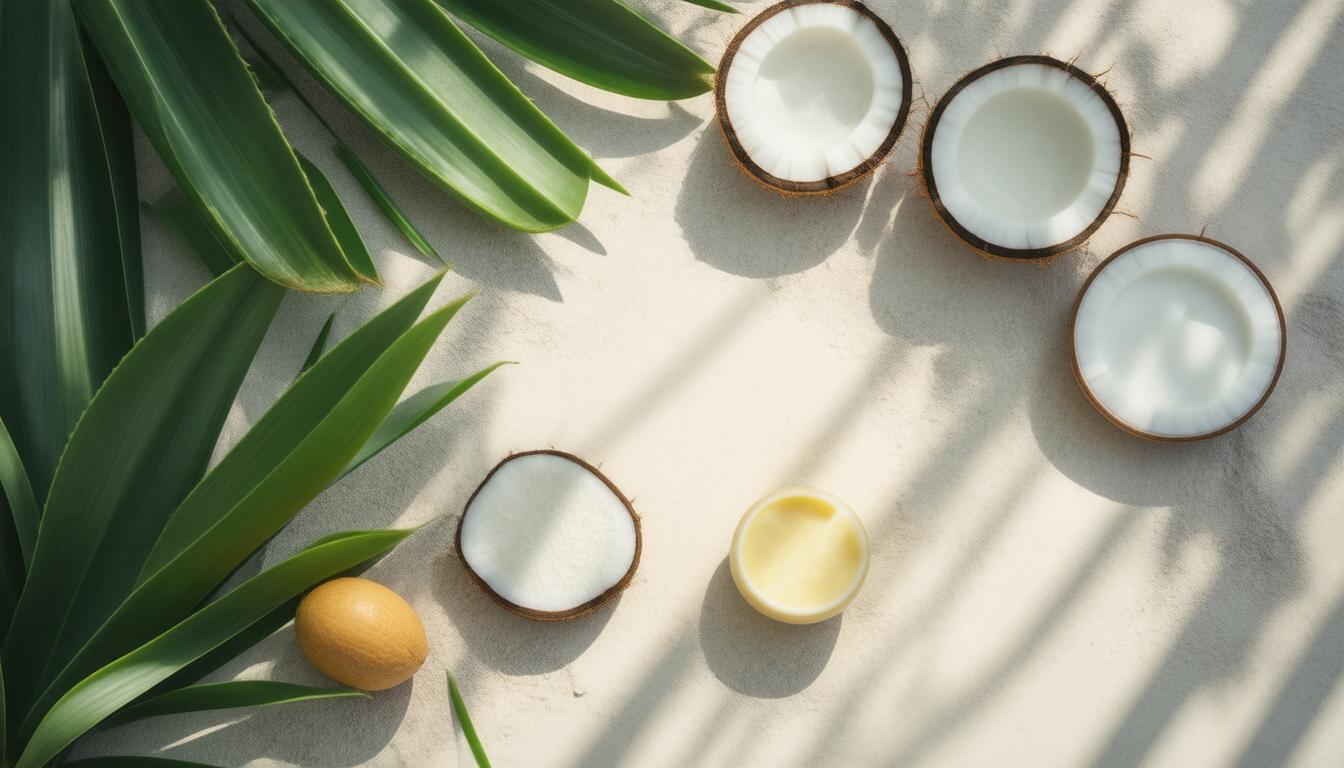As the sun begins to shine brighter and temperatures rise, the need to protect our skin from harmful UV rays becomes paramount. While conventional sunscreens are widely used, many are turning to natural sunblock alternatives to safeguard their skin without the concern of synthetic chemicals. In this article, we will explore the benefits, ingredients, and effectiveness of these natural sunblock alternatives, ensuring you can enjoy summer days worry-free.
What Are Natural Sunblock Alternatives?
Natural sunblock alternatives are formulations derived from naturally occurring ingredients that provide sun protection without harmful additives commonly found in commercial sunscreens. These alternatives often include mineral-based compounds such as zinc oxide and titanium dioxide, which offer broad-spectrum UV protection while being gentle on the skin.
Why Choose Natural Sunblock Alternatives?
-
Chemical-Free Protection: Many conventional sunscreens contain oxybenzone, octinoxate, and other chemical filters that can irritate the skin and disrupt hormonal balance. Natural sunblock alternatives eliminate these harsh ingredients, making them suitable for sensitive skin types.
-
Environmental Impact: Many conventional sunscreens have been linked to coral reef damage and other environmental concerns. On the other hand, natural alternatives prioritize eco-friendly ingredients, ensuring that we protect not just our skin, but also our oceans and wildlife.
-
Nourishing Ingredients: Natural sunblock alternatives often incorporate skin-loving ingredients like coconut oil, shea butter, and essential oils. These components can provide additional moisture and nourishment, leaving your skin soft and hydrated while shielding it from the sun.
-
Broad Spectrum Coverage: Products containing zinc oxide or titanium dioxide offer reliable broad-spectrum UV protection, safeguarding against both UVA and UVB rays. This is essential in preventing sunburn and longer-term skin damage.
Popular Natural Ingredients for Sunblock Alternatives
When looking for the ideal natural sunblock alternative, consider these ingredients:
- Zinc Oxide: A physical blocker that scatters UV rays and is often considered one of the safest and most effective natural sunblock options.
- Titanium Dioxide: Similar to zinc oxide, this mineral offers excellent UV protection and is safe for sensitive skin.
- Coconut Oil: While it provides a natural SPF of about 4-5, coconut oil should be used as a supplementary ingredient within a more robust formula.
- Shea Butter: Rich in vitamins and antioxidants, shea butter hydrates the skin while providing mild UV protection.
- Red Raspberry Seed Oil: Known for its high omega-3 and omega-6 fatty acids, this oil may provide UV protection, although it’s generally used in combination with other protective ingredients.
Effectiveness of Natural Sunblock Alternatives
While the SPF (Sun Protection Factor) of natural sunblock alternatives may vary, it’s critical to understand that they can be just as effective as their chemical counterparts when applied correctly. Applying a generous amount, reapplying every two hours, and using the product according to the manufacturer’s instructions are essential for maximizing protection.
DIY Natural Sunblock Recipes
For those enamored with the idea of crafting their own natural sunblock alternatives, here are a couple of simple DIY recipes to consider:
1. Coconut Oil and Zinc Oxide Sunblock
Ingredients:
- 1/2 cup coconut oil
- 1/4 cup shea butter
- 1/4 cup zinc oxide
- Optional: Essential oils for fragrance (like lavender or eucalyptus)
Instructions:
- Melt the coconut oil and shea butter together over low heat.
- Remove from heat and allow to cool slightly before stirring in the zinc oxide.
- Add essential oils and mix thoroughly.
- Store in a glass container and apply generously when heading outdoors.
2. Aloe Vera and Raspberry Seed Oil Lotion
Ingredients:
- 1/2 cup aloe vera gel
- 1/4 cup red raspberry seed oil
- 1/4 cup coconut oil
Instructions:
- Mix all ingredients in a bowl until well combined.
- Store in a squeeze bottle for easy application.
- Shake well before use and apply to the skin.
Conclusion
As awareness of skin health and environmental impact continues to rise, exploring natural sunblock alternatives offers a safe and effective way to protect against UV radiation. By opting for these eco-conscious solutions, you can enjoy the outdoors while nourishing your skin and looking after the planet. Embrace nature’s best and savor every sun-soaked moment with confidence!



